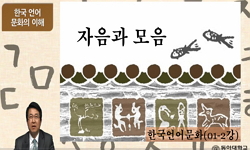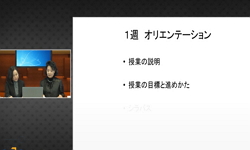This research aims to investigate apology strategies used by American and Korean male and female students in order to elucidate similarities and differences between them. The data were collected by the discourse completion test (DCT) comprising seven ...
http://chineseinput.net/에서 pinyin(병음)방식으로 중국어를 변환할 수 있습니다.
변환된 중국어를 복사하여 사용하시면 됩니다.
- 中文 을 입력하시려면 zhongwen을 입력하시고 space를누르시면됩니다.
- 北京 을 입력하시려면 beijing을 입력하시고 space를 누르시면 됩니다.
https://www.riss.kr/link?id=A100007780
- 저자
- 발행기관
- 학술지명
- 권호사항
-
발행연도
2014
-
작성언어
-
- 주제어
-
KDC
370
-
등재정보
KCI등재
-
자료형태
학술저널
- 발행기관 URL
-
수록면
47-68(22쪽)
- 제공처
-
0
상세조회 -
0
다운로드
부가정보
다국어 초록 (Multilingual Abstract)
This research aims to investigate apology strategies used by American and Korean male and female students in order to elucidate similarities and differences between them. The data were collected by the discourse completion test (DCT) comprising seven apology situations. Sociopragmatic factors such as social distance, social status, and severity of offense were deliberately embedded in each situation. Four groups consisted of 10 NE-males, 10 NE-females, 10 EFL-males, and 10 EFL-females participated in this study. This study uses apology speech-act sets because most responses involved combinations of major apology strategies such as IFID+EXPL. Two research questions were formulated: First, what is the impact of culture and gender in the course of performing the speech act of apology? Second, what is the impact of sociopragmatic factors such as social distance, social status, and severity of offense on the selection of apology strategies? Based on major findings, some pedagogical implications for enhancing the communicative competence of Korean EFL students were discussed.
동일학술지(권/호) 다른 논문
-
Critical Review of Research on Aural and Oral English Competence for Enhancing Culture Learning
- 한국영어어문교육학회
- Hyung-ji Chang
- 2014
- KCI등재
-
The Impact of Task Type on Advanced EFL Learners' English Verb Usage
- 한국영어어문교육학회
- Cheongsook Chin
- 2014
- KCI등재
-
The Effects of the Features of a Digital English Story for EFL Elementary School Learners
- 한국영어어문교육학회
- Im
- 2014
- KCI등재
-
Explicit Grammar Instruction and Development of Implicit Knowledge
- 한국영어어문교육학회
- Jeong-eun Kim
- 2014
- KCI등재





 스콜라
스콜라






